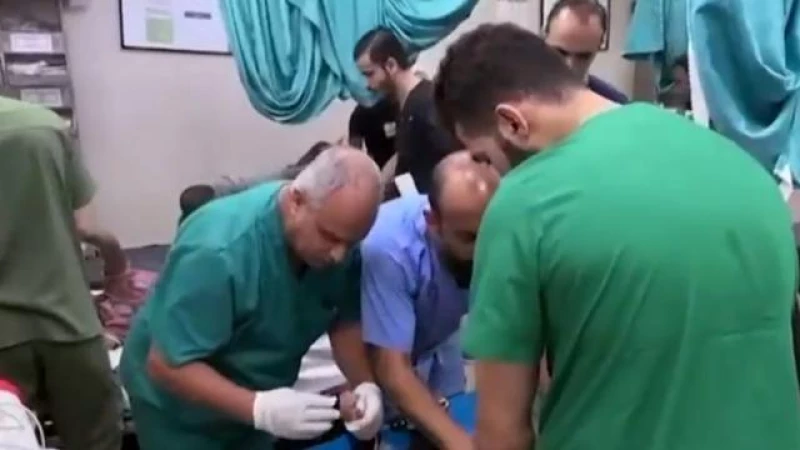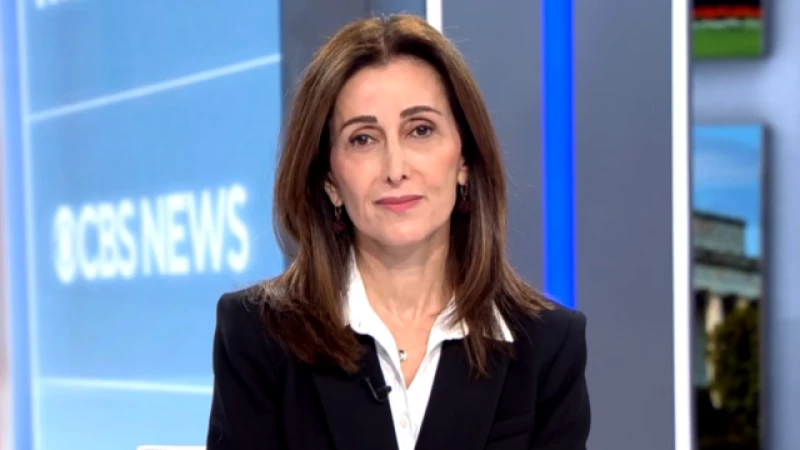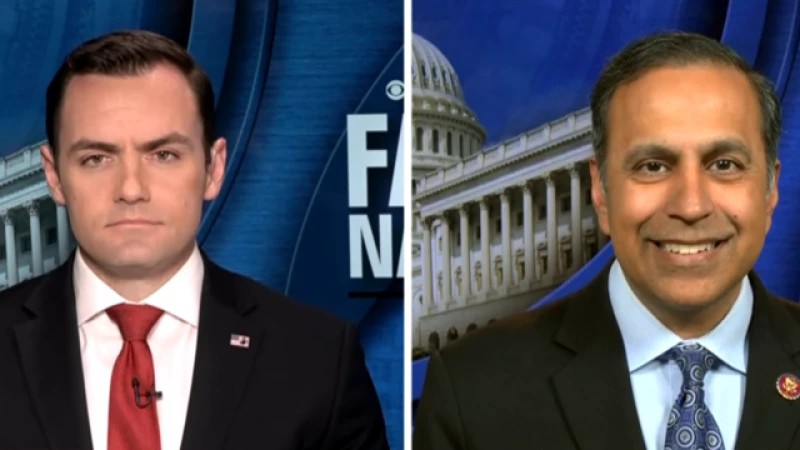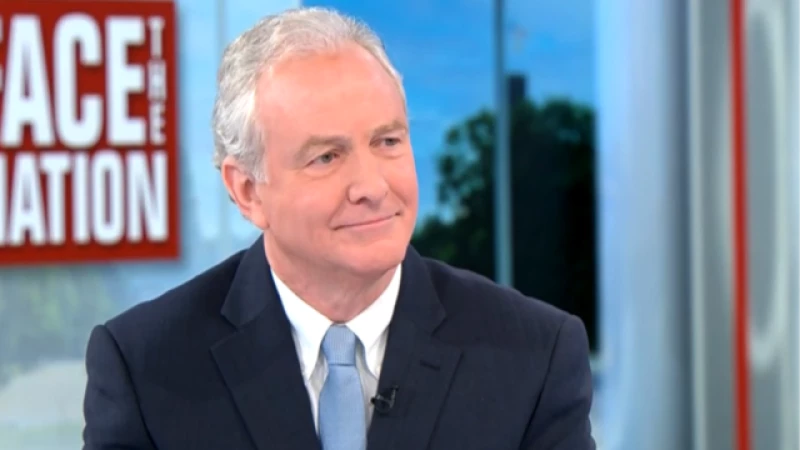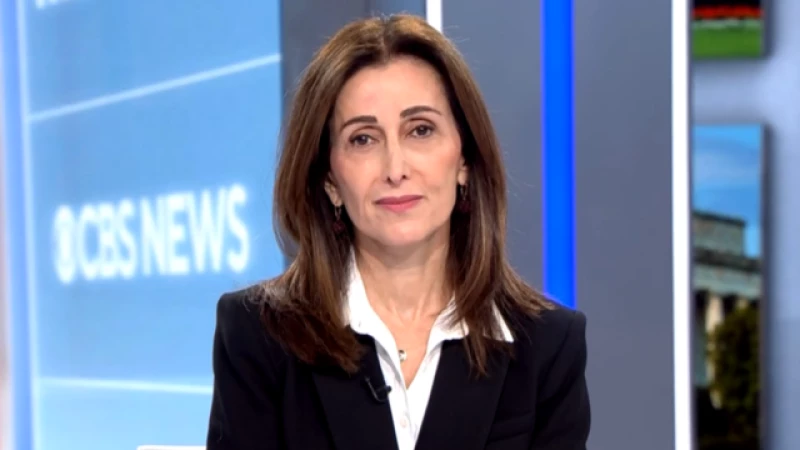President Biden Calls for Protection of Hospitals in Gaza Strip
President Biden said Monday that hospitals in the Gaza Strip "must be protected" after the World Health Organization called the situation for patients at the Palestinian territory's largest hospital, Al Shifa, "dire and perilous."
"My hope and expectation is that there will be less intrusive action relative to hospitals," Mr. Biden said in response to questions from journalists.
Al Shifa is in the heart of Gaza City and at the center of a tense standoff. Israel accuses Hamas of having an underground headquarters under the sprawling facility, which Hamas and doctors at Al Shifa deny. Both Israeli and U.S. officials have stressed that Hamas has a long history of positioning weapons and fighters in civilian homes, schools and hospitals.
But the situation for patients at Al Shifa continues to deteriorate, with one surgeon working there from the charity Doctors Without Borders, which goes by its French acronym MSF, calling conditions at the medical center "inhuman."
"We don't have electricity. There's no water in the hospital," the surgeon said Monday, according to MSF. "There's no food. People will die in a few hours without functioning ventilators."
The surgeon said staff and patients at the hospital need safe passage to evacuate.
The Medical Team Refuses to Leave Hospital Without Evacuating Patients First
A medical team at Al Shifa Hospital in Gaza has made a unanimous decision to stay at the hospital until all the patients, including 37 babies and one ICU patient, are safely evacuated. "We don't want to leave our patients. There are 600 inpatients, 37 babies, someone who needs an ICU, we can't leave them," stated the surgeon on Monday.
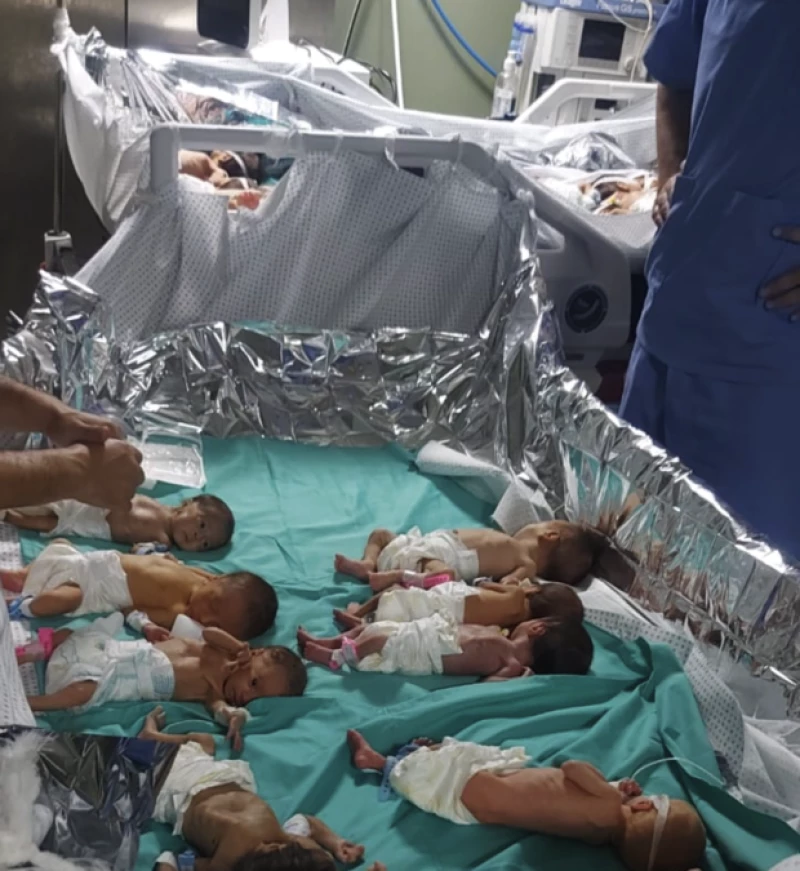
The power outage at the hospital over the weekend has left dozens of babies without incubators, putting their lives at risk. Doctors at Al Shifa have resorted to laying the infants together on beds covered with aluminum foil and blankets in an attempt to keep them warm. Images provided by the doctors to the medical nonprofit, Medical Aid for Palestinians, show the dire situation.
"It's becoming winter and the weather is becoming colder now. For that reason, without having proper temperature for them, they immediately die," warned Mehdat Abbas, director general of the Hamas-run Ministry of Health. "I hope — I hope — that they will remain alive despite the disaster this hospital is passing through."
Israel's military has stated that it is working on coordinating the transfer of special incubators to Al Shifa Hospital. These incubators would not require a power source and could be used to safely transport the infants to another facility, according to IDF Lt. Col. Amnon Shefler.
Gaza Hospitals Face Power and Supply Shortages
The Israeli Defense Forces (IDF) reported on Sunday that they had left approximately 80 gallons of fuel outside Al Shifa, a hospital in Gaza, to assist in powering its generator. However, the IDF claimed that Hamas had prevented hospital staff from collecting the fuel. The medical director of the hospital stated that this amount of fuel would have only been sufficient to power the generator for 15 to 30 minutes.
Outside Al Shifa, an increasing number of dead bodies were being stored together in crude conditions, with many left on the ground. Morgues in the area were either full or without power, resulting in corpses being left to decompose.
The United Nations' Humanitarian Affairs Office (OCHA) released a statement on Tuesday, indicating that all but one of the hospitals in the northern part of Gaza were reportedly out of service. The lack of power, medical supplies, oxygen, food, and water, combined with ongoing bombardments and fighting in the vicinity, were cited as the reasons for the hospitals' closure.
The statement further highlighted that the only functioning facility capable of admitting patients was the Al Ahli Hospital in Gaza City. However, it noted that this hospital was also facing increasing shortages and challenges.
According to the United Nations, an estimated 1.5 million people, which accounts for over two-thirds of Gaza's population, have fled the intense fighting in the north and headed south. However, the journey has been treacherous and filled with tragedy.
"Moving out through areas where there was ongoing fighting to then, effectively, cross a front line into an Israeli-controlled zone was a very perilous journey," said Thomas White, the director of the United Nations Relief and Works Agency (UNRWA) in the Palestinian territories, in an interview with CBS News partner BBC News.
UNWRA is extending assistance, such as food and shelter, to individuals who manage to reach southern Gaza, many of whom arrive with very few personal belongings.
"Once they reach the south... You can actually see them sitting on the side of the road, breathing a sigh of relief. They feel relieved to be out of the intense conflict zone. But then the question arises: What's next?" White commented. "You know, 'I've arrived with just a plastic bag of belongings, and now I have to find somewhere to stay. What does the future have in store for me?' So, there are a lot of mixed emotions for those leaving the north."

